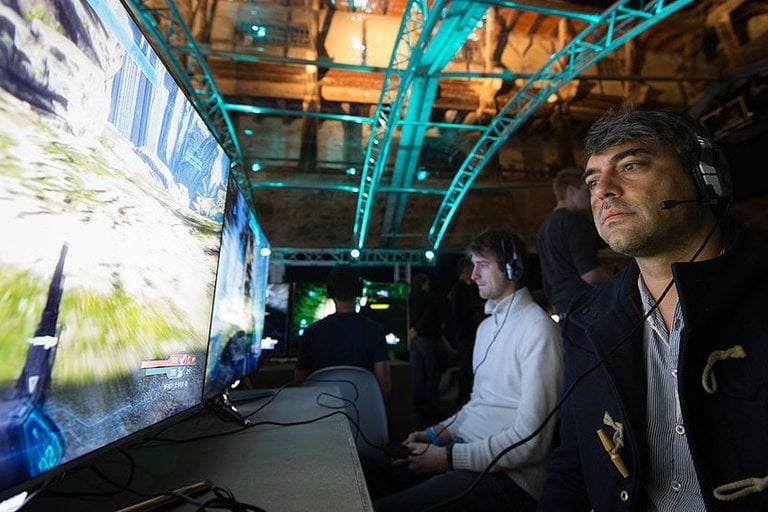
We’ve all heard that practice makes perfect. But for gamers, too much practice could actually hinder improvement.
Moderation is key to improving online video game skills, and those playing four to eight matches per week tend to gain the most skill per game over their first 200 games, according to a pair of new studies conducted by researchers at Brown University.
The researchers analyzed data generated from thousands of online matches of two video games: the sci-fi fiction war game “Halo: Reach” and the military science fiction strategy game “StarCraft 2.” They monitored the patterns of 3.2 million online players over seven months.
Now, to give credit where credit’s due, those who played the most matches per week – more than 64 – showed the largest increase in skill over time. But when looking at incremental improvements per game, they lagged behind players who participated in fewer matches. In fact, those who played between eight and 16 matches per game also improved more per game than those who clocked the most gaming hours.
The best plan toward improving: Play every other day, suggested Jeff Huang, computer science professor at Brown and lead author of the study.
“My hypothesis is that when you play intensely and repeatedly over and over, you can get stuck in some non-optimal habits,” Huang said. “If you come back to the game every other day, you’re more likely to discover something new or have time to think of strategies between matches.”
That conclusion, explained Huang, contradicts the belief that many people subscribe to: that getting better comes down to the sheer number of hours played.
In other words: Gamers, you might want to throw that long-regarded 10,000 hours of practice rule by the wayside.
RELATED: GamerGate Target Is Running for Congress and Criticizing the FBI
The researchers also looked at whether breaks between games improved a player’s skill. They discovered that short breaks are just fine, and when players took a one- to two-day break between games, they gained back any lost skill during the course of the next match they played.
However, longer breaks had a bigger impact. For example, players who took a 30-day hiatus needed to play roughly 10 matches once they returned in order to reach the skill level they were at before their time off.
And when it comes to hotkey skills, in which gamers use customized keyboard shortcuts to enable commands that are quickly sent to unit groups, the top-tier players used them very frequently, issuing up to 200 actions per minute during a typical match. Some players demonstrated an impressive 90 percent accuracy rate in their hotkey patterns, suggesting that this skill can become almost second nature and that players tend to intensify hotkey commands when the pressure’s on.
Huang believes game data could provide a window to better understand the habits of people, since this type of data is so well measured and there’s so much of it at the ready.
In the near future, he plans to carry over some of the methods learned in his gaming studies into studying our everyday lives “as a game,” he said. He and his team were recently awarded a grant from the National Science Foundation to develop tools for enabling people to perform experiments on themselves in order to optimize their own habits and behaviors.
This concept shares similarities with Brown’s ongoing sleep study, in which researchers are investigating how people can improve their sleep using a data-driven approach.
In the future, Huang said, we’ll see more projects that involve looking at the data that researchers collect as we live our lives.
[“Source-seeker”]










